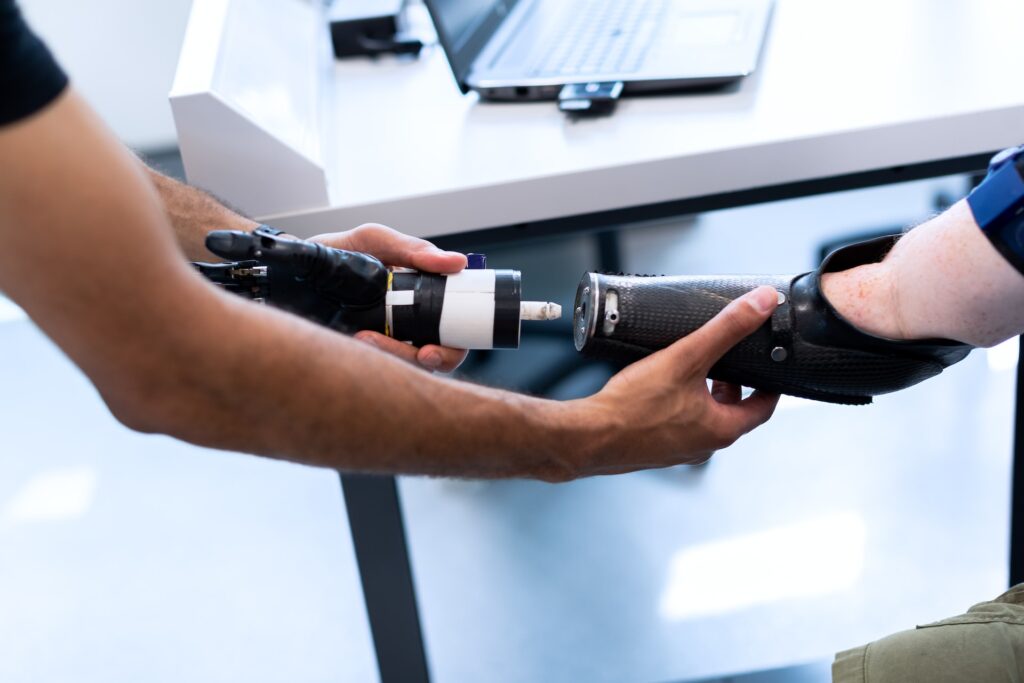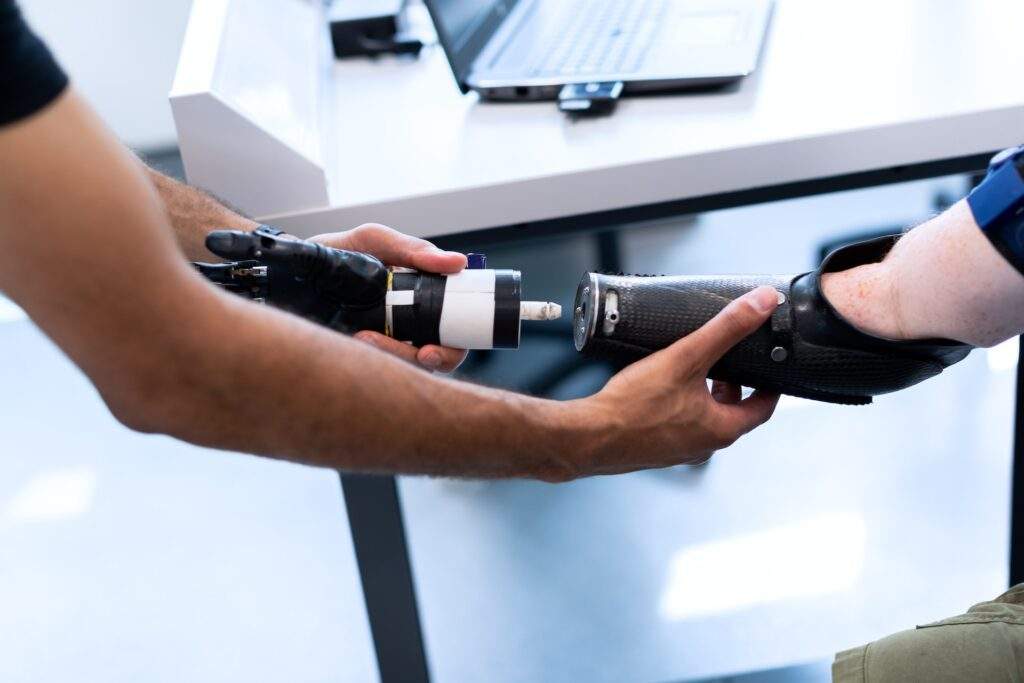A snapshot of support for the healthtech… Leave a comment

Daniel Oliver, director of Capital Cell, a crowdfunding platform specialised in biomedicine, believes that “the best way to attract the attention of investors is to have interesting results. About the only thing that guarantees that someone will think they can invest in a startup is that they have already proven that their proposition works.” This is especially relevant for emerging healthtech companies, which must go through a clinical validation process before launching their product.
Oliver is also a partner in the investment firm Nara Capital, focused on biotechnology and medical technology. Other funds specialised in digital health that support emerging companies in the sector, such as Nina Capital, Ysios Capital or Asabys Partners, contribute to boosting healthtech entrepreneurship. “There are also many more private investors willing to support early-stage scientific companies, which facilitates access to capital at the beginning and at slightly later stages of a startup’s journey,” Oliver explains.
“The best way to attract the attention of investors is to have interesting results”
“Today, with how sensitive the industry is to the need for innovation, I think it’s relatively easy for a digital health solution to get to market, but the really difficult thing is to sustain and grow,” believes Manuel Morales CEO of the Andalusian startup Nubentos. “Getting funding is necessary, because otherwise you can’t move forward, no matter how many possibilities the project has.”
Nubentos its second seed round of financing in January of this year, as well as a loan from the public company Enisa (which offers financing lines to Spanish SMEs), for a total amount of €700,000. Its product, an API marketplace that helps integrate digital health solutions into any healthcare software, has already attracted the attention of global consultancies such as Gartner, CB Insights o Research2Guidance with whom they are closing collaboration agreements. Its value proposition, Morales explains, is to accelerate the adoption of digital health by simplifying a stage that involves a high recurring operational cost, such as integration: “Innovation is meaningless if we don’t manage to bring it to the patient and the healthcare professional.”
“It’s relatively easy for a digital health solution to get to market, but the really difficult thing is to sustain and grow”
Support to bring the health sector to life
Healthtech startups are also supported by initiatives such as incubators, accelerators and associations that provide mentoring services and networking opportunities. Among them is Barcelona Health Hub, which connects various agents of the entrepreneurial ecosystem such as universities, investors, institutions and start-ups. Its location is no coincidence: in Catalonia, healthtech startups have registered a record investment of 296 million up to June, surpassing the total funding raised in all of 2021. The recent €100 million megaround in the dental health startup Impress stands out.


